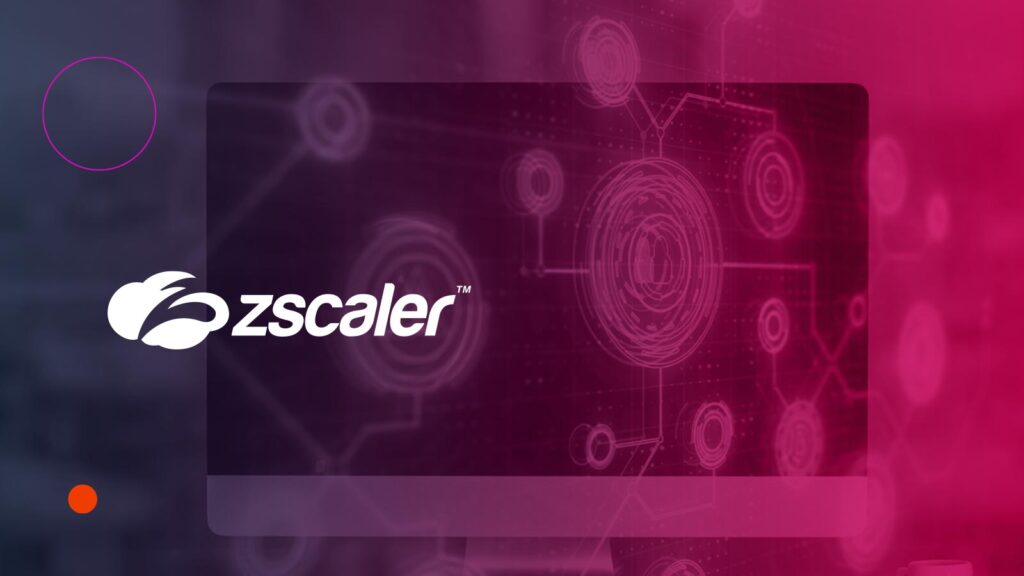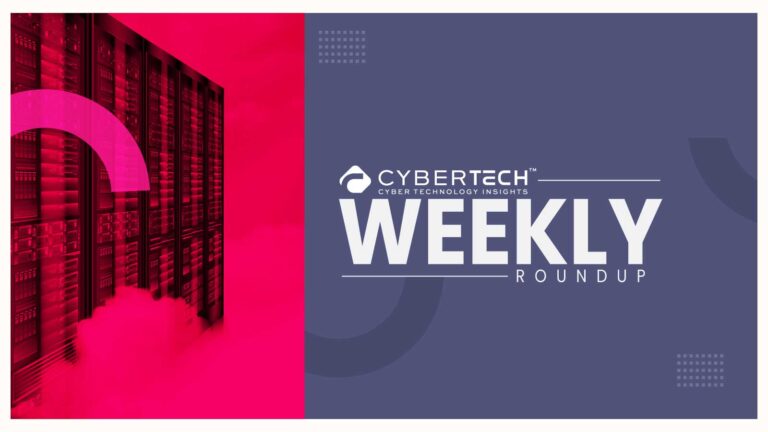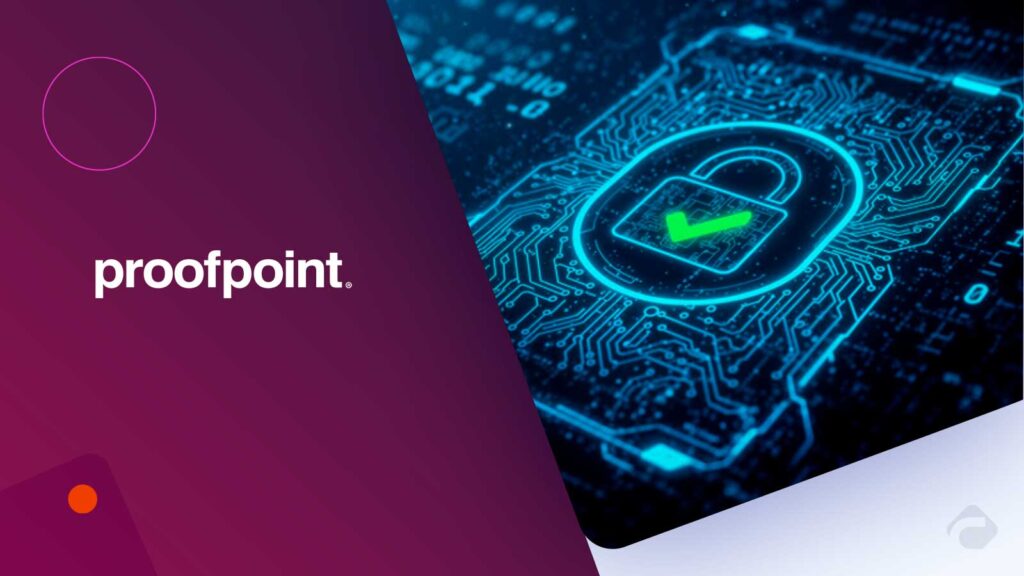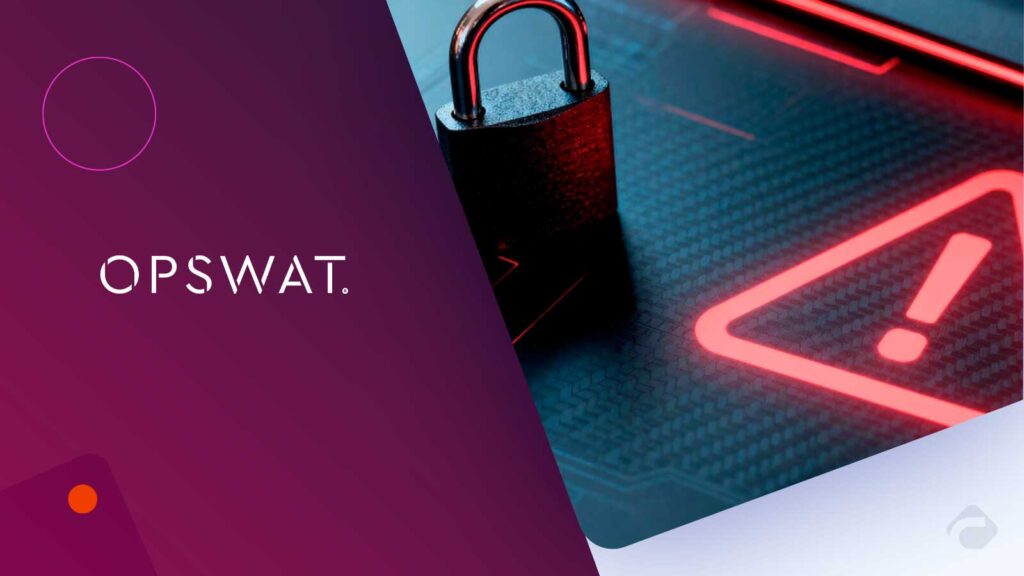Zscaler and Okta announced four new integrations designed to accelerate their mutual customers’ zero trust transformation. By delivering end-to-end, context-aware security, Okta and Zscaler are helping customers reduce risk, improve the user experience, and enable cross-domain response through shared telemetry and threat intelligence.
Cyber Technology Insights: StorageReview Confirms VergeIO: Fast, Cost-Effective VMware Alternative
“The integrations announced today significantly deepen our collaboration with Okta and our commitment to keeping our customers secure,” said Amit Raikar, Vice President, Technology Alliances and Business Development, Zscaler. “Together, we are focused on helping customers strengthen their zero trust security posture in an increasingly complex risk environment, where rigorously managing user identities and enforcing adaptive access controls is more crucial than ever.”
“In the AI era, the only way to effectively protect customers is by rallying the security ecosystem. Point security solutions address individual areas but don’t integrate with one another, which increases complexity,” said Stephen Lee, vice president of Technical Strategy and Partnerships at Okta. “That’s why Okta and Zscaler have invested in deep integrations that accelerate the zero trust journey and elevate the security posture of our mutual customers worldwide.”
Organizations continue to navigate the complexities of securing the growing number of remote users, cloud applications, and hybrid IT environments. Both Zscaler and Okta are committed to delivering deep integrations that enhance secure access to cloud and web applications while minimizing user disruptions. Our newest integrations deliver:
- Adaptive Access Policy Enforcement: The Zscaler Adaptive Access and Okta integration allows organizations to enforce context-based access policies that dynamically adjust based on the changing risk context of the user. These include password expiration, credential compromise, account recovery, or high-risk user behavior. Zscaler’s ingestion of Okta’s user risk telemetry expands upon an earlier integration, where Identity Threat Protection with Okta AI ingests risk telemetry from Zscaler Deception to respond to credential compromise or insider attacks. With the new integration, risk telemetry is exchanged bidirectionally between Okta and Zscaler, enhancing threat detection and response.
- Dynamic Step-Up Authentication: The Zscaler Adaptive Access can trigger step-up authentication with Okta Workforce Identity Cloud (WIC) to add an extra layer of security when Zscaler detects higher-than-usual risky user behavior. In such scenarios, step-up authentication dynamically requires the user to comply with stronger forms of authentication before access to sensitive resources, such as Salesforce, is granted.
- Security Data Contextualization and Unified Vulnerability Management: Zscaler’s Data Fabric for Security enriches and aggregates data from Okta logs with concurrent data streams to provide contextualized, real-time insights into vulnerabilities and exposures across the enterprise ecosystem. Easy to set up and configure, this solution provides a dynamic risk assessment of an organization via a simple dashboard to accelerate security remediation.
- Zero Trust Partner Access: Zscaler’s Zero Trust Exchange cloud security platform, with natively integrated cloud browser isolation (CBI), enables secure, agentless access to web applications. It allows external third-party users and partners to instantly access corporate resources from their devices, while protecting enterprise applications and preventing data loss. Okta complements this by streamlining identity and access management (IAM) for IT administrators with Okta Universal Directory. This enables them to manage users and policies, automate app assignments, and onboard more securely and quickly.
Cyber Technology Insights: Cequence Hires Ex-CISO of Zoom to Lead API Security
To share your insights, please write to us at news@intentamplify.com
Source – zscaler








